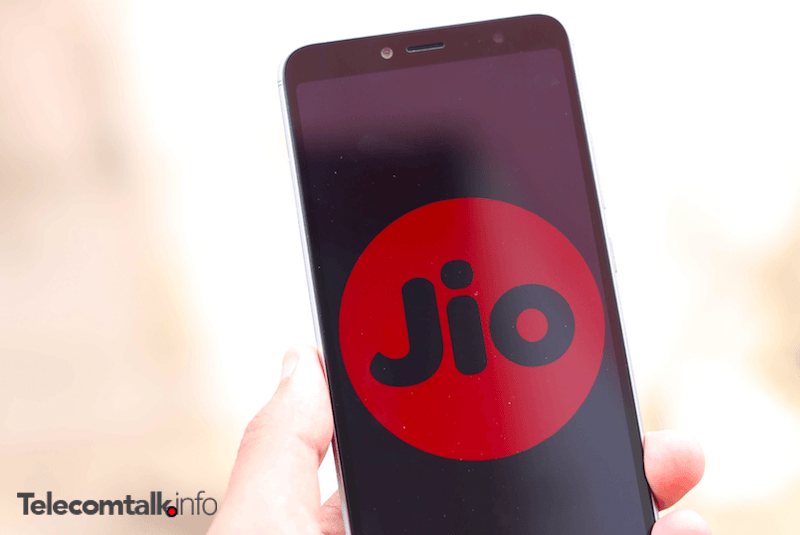Just 19 months after launching the services to the public, Reliance Jio has become the second largest operator in terms of revenue, pipping Vodafone India from the position. As per the data released by Trai for the quarter that ended on March 31, 2018, the Adjusted Gross Revenue (AGR) of Jio stood at Rs 6,217.64 crore, while that of leading operator Airtel is Rs 7,086.49. Vodafone India secured an AGR of Rs 4,937 crore, while Idea Cellular settled with Rs 4,033 crore. Jio also managed to narrow down the gap with Airtel as it's revenues were down by 10% in the first quarter.

However, Vodafone India and Idea Cellular are waiting for their merger approval from the Department of Telecommunications (DoT). If the merger receives the approval, it will form the largest telecom entity- both in terms of subscribers and revenue. The combined AGR of Idea and Vodafone will be more than that of Airtel and Jio. Notably, Jio's AGR was up by 15% during the January-March quarter.
Reliance Jio managed to achieve this by creating a tariff war in the telecom sector. While Jio is still winning the tariff war, incumbent telcos are trying to match the new entrant. The Indian telecom industry is currently going through a rough phase with the operators combinedly having a debt of more than Rs 7 lakh crore.
The Mukesh Ambani-led telco has also racked up 200 million (196.2 million at the end of April 2018) subscriber base in just 19 months after opening the services to the public. After conquering the prepaid segment, Jio's focus is now shifted towards the postpaid segment which alone contributes 20-25% of the industry's revenue. With its aggressive Rs 199 JioPostpaid plan, the telco is looking to hurt the ARPU and revenues of the incumbent operators- Airtel, Vodafone and Idea.
As mentioned, the merged entity of Idea Cellular and Vodafone India will start operations with an annual revenue of Rs 63,000 crore and more than 430 million subscribers. The proposed merger already received all the necessary approvals, but DoT is planning to raise Rs 4,700 crore demand for one-time spectrum charges (OTSC), for which the approval has been delayed a bit.
Coming to the overall industry AGR, it saw a sharp decline of 12.6% YoY and 7.4% QoQ for the March quarter. All the telecom operators saw their AGR declining, but Jio posted a healthy 14.99% increase in revenues, which already took everyone by surprise. State-run PSU, BSNL also posted a decent 18% rise in AGR for the same quarter.















